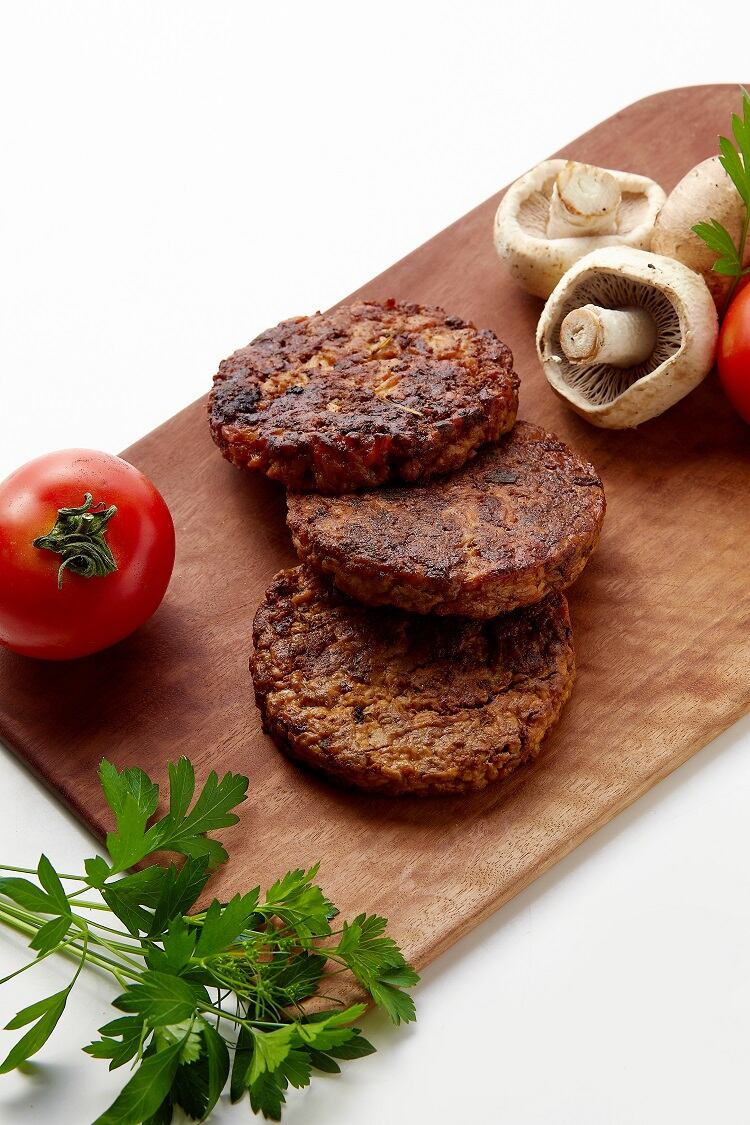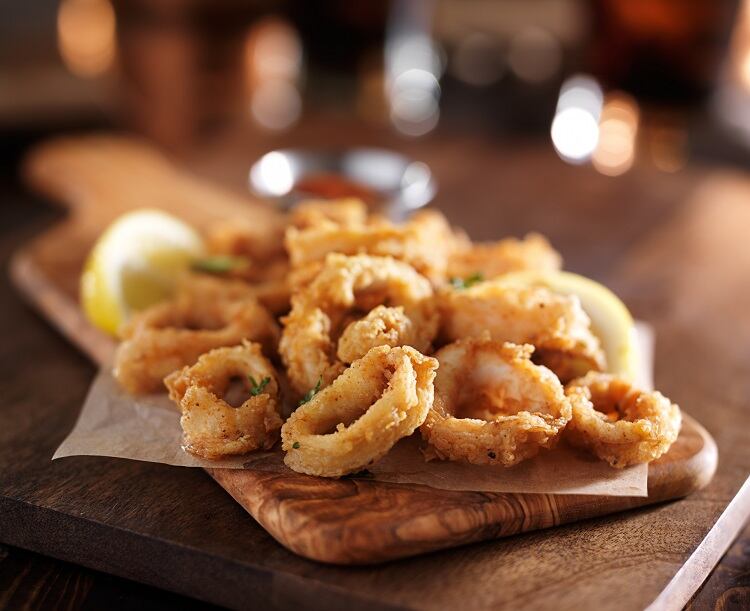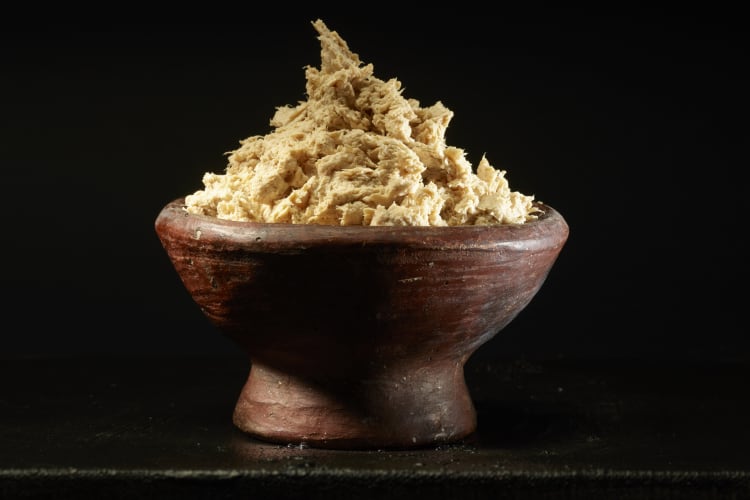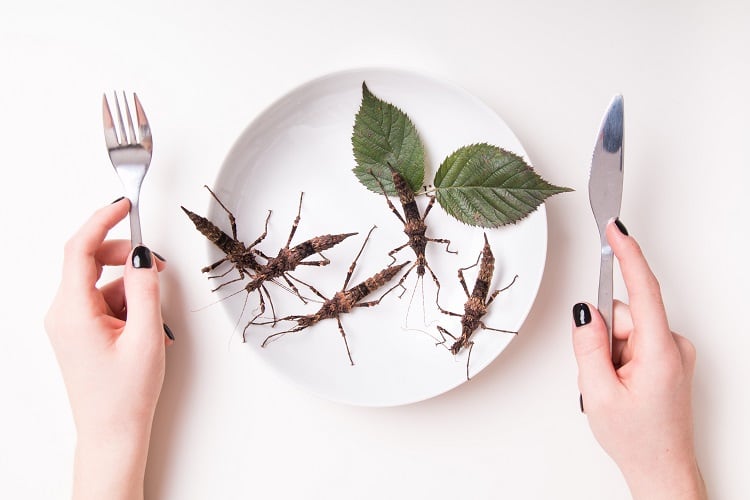Despite growing awareness surrounding the resource-intensive nature of meat production, global demand is not subsiding. Think tank RethinkX estimates that meat production will reach 455m tonnes by 2050.
In an effort to curb meat consumption, and cater to growing meat-free and flexitarian demand, significant developments have been made in plant-based and cell-based offerings.
However, according to Spanish start-up Innomy, such technologies fall short. In the plant-based realm, micronutrient content is low, ingredient lists are long, and plant proteins are unable to replace the ‘filamentous muscle structure’ of meat.
“Available alternatives are not satisfactory from a nutritional point of view and they are not well accepted by a big part of the world population,” according to Dr Francisco Kuhar, CSO and co-founder of Innomy.
Over in cell-based, it is acknowledged that these technologies take a long time to scale and enter the market, and prices are projected to be high.
“After many years of studying fungi biology, we came up with a solution to address these issues,” Dr Kuhar told delegates at start-up accelerator Eatable Adventure’s demo day this week.
“Our knowledge of the structure and diversity of mushrooms has allowed us to produce an alternative to meat that is not only healthy, but also very tasty.”

Replicating meat with fungi
Innomy’s solution is based on fungal mycelium, otherwise known as fungus filaments, that the start-up grows on grains. After six weeks of growth, the mycelium is harvested and sliced for use in food products.
“Fungi-based meat replicates the experience of consuming the juicy and delicious taste of meat, with low environmental impact and the nutritional benefits of mushrooms,” according to Innomy.
“Our fungal tissue culture process allows us to achieve complex structures that replicate the fibrous and tender consistency of meat with few ingredients.”
Specifically, the ‘highly versatile’ filamentous structure of mycelial matrices can be modified to produce similar textures to meat. “We modify the colour, flavour, and shape to get the most realistic replacement of a complete cut of meat,” noted the start-up.
Responding to growing backlash against the ‘ultra-processed’ nature of some plant-based meat analogues, Dr Kuhar told delegates Innomy’s fungal cells develop the same consistency found in animal meat texture, but without the need for heavily processing.
Commercialisation strategy
Innomy’s initial line of products, to be launched under the brand name Funka, will include hamburger, sausage, meatball, and nugget alternatives.
“The Funka brand concept proposes a cultural change to reconciled health with the modern lifestyle of young people,” Dr Kuhar told delegates. “Healthy and environmentally-friendly food without animal protein that is also tasty, nutritious, and easy to prepare.”
Following an initial launch in Spain, scheduled for 2022, Innomy plans to expand into other Member States.
Its second line will include mycelium analogues of whole cut pork, beef, fish and chicken, which Innomy expects to rollout in Spain in Q1 2023.
“Our products are ready to change consumer perception,” the co-founder continued. “They [provide] an improved sensory experience, they are functional and nutritious, they are not processed, they are produced without harming nature, and they are ready to eat.”
The start-up is currently raising €1m, which includes €250,000 for its laboratory setup, patent submissions, and product testing. It expects to dedicate €200,000 to the development of production with co-packers, and €550,000 to initiate development of commercialisation channels.





